Subject to what land you own, land tax is a tax levied on the owners of land in NSW as at midnight on 31 December of each year. Land tax can apply to land whether or not income is earned from the land. The definition of land includes:
- vacant land, including vacant rural land
- land where a house, residential unit or flat has been built
- holiday homes
- company title units
- residential, commercial or industrial units including car spaces
- commercial properties, including factories, shops and warehouses
- land leased from State or Local government.
Who is liable to pay land tax?
An owner with one or more parcels of taxable land ie. land that exceeds the land tax threshold will be liable to pay land tax. For the purposes of land tax, an owner is defined as:
- sole owner
- joint owners
- a company (includes a company in an approved shared equity scheme)
- trustee of any trust
- beneficiary of a trust which is not a special trust
- society or organisation whose land is not exempt from land tax
- unit holders with interests in a unit trust which is entitled to the land tax threshold
- trustees of superannuation funds.
Joint owners are assessed as a single owner. Each joint owner may also be assessed separately, with their share of any jointly owned land being added to the value of any land that they own individually. A company is assessed in the same way as a sole owner unless it is related to another company. A trustee of a trust is assessed in the same way as a sole owner unless it is a special trust.
What is the land tax threshold for 2018?
Land tax is calculated on the combined value of all the taxable land you own. The land tax threshold for 2018 is $629,000 (the threshold). If the combined value of your land does not exceed the threshold, no land tax is payable.
How is land tax calculated?
Land tax is calculated on the combined value of all the taxable land exceeding the threshold. The amount of tax payable is $100 plus 1.6% of the land value between the threshold and the premium rate threshold $3,846,000, and 2% thereafter.
How is the value of your land determined?
The Valuer-General values all NSW land annually as at 1 July, preceding each land tax year.
How is a strata unit valued?
If the property is part of a strata, the land value for each strata lot is calculated on a proportional basis using the unit entitlement for each lot and the aggregate for the strata scheme.
Exemptions and Concessions
There are a number of land tax exemptions and concessions as set out below:
- Principal place of residence;
- Land intended as you principal place of residence;
- Concession for change of principal place of residence;
- Residence used for incidental business purposes;
- Absence from your former residence;
- Deceased estates;
- Tenancy permitted after the death of the owner’
- Permitted occupancies;
- Principal place of residence concessions for mixed-use properties;
- Land used for primary production; and
- Other exemptions.
More information
More information can be obtained by visiting https://www.revenue.nsw.gov.au or by calling 1300 139 816. When considering to buy or sell property you should speak to your accountant or legal representative to determine what, if any, land implications may apply.











